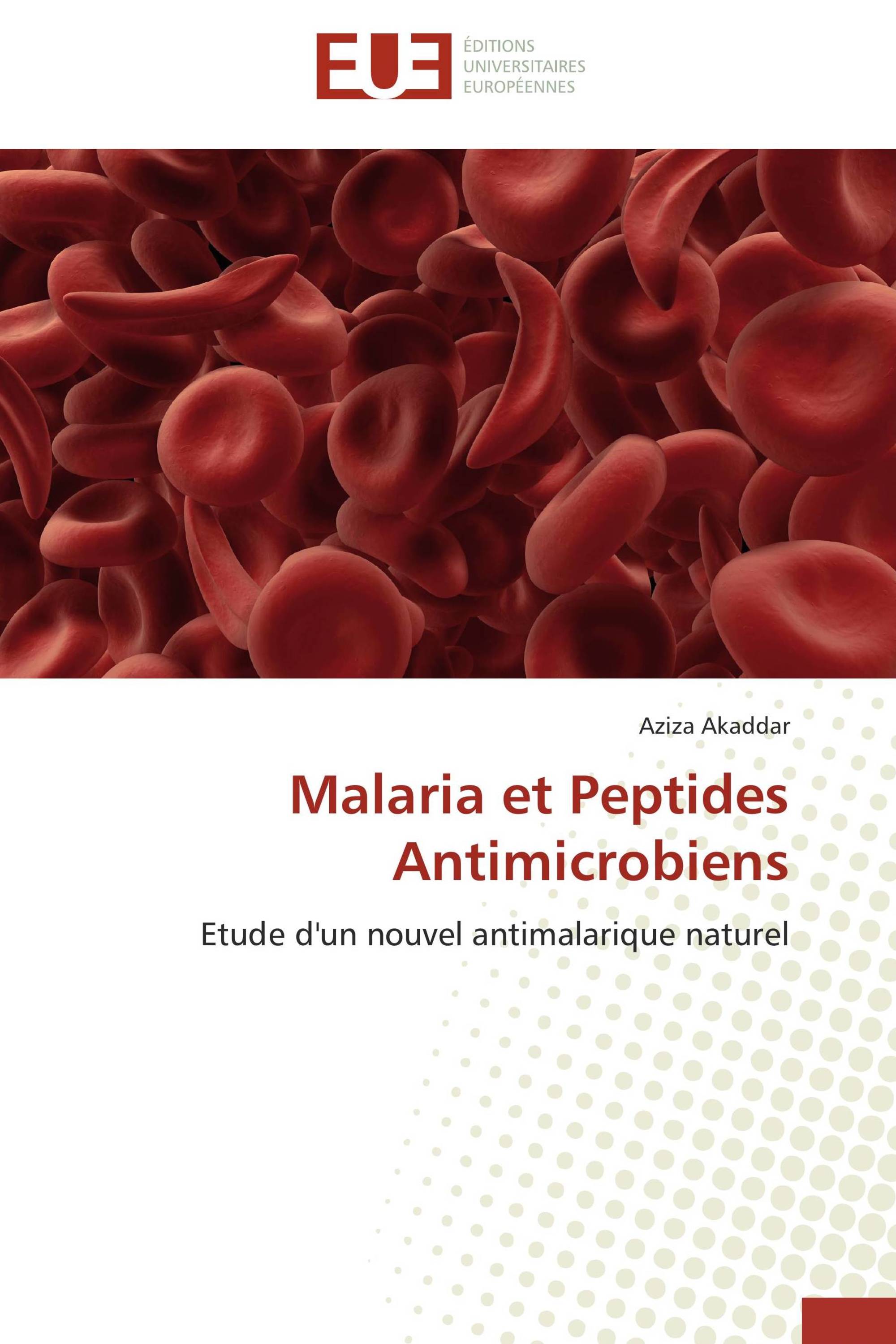Catestatin is an endogenous peptide derived from Chromogranin A. Bovine Catestatin and its active domain Cateslytin display powerful antimicrobial activities. We have tested the activity of bovine and human Catestatin, Cateslytin and other related peptides on in vitro growth of Plasmodium falciparum. Human Catestatin inhibits, at the micromolar range, the growth of several strains of P. falciparum. A relation structure-function analysis demonstrates the role of the LSFR median region for this activity. The non-lytic activity of Catestatin for the host cells was confirmed by its unique co-localization with merozoites. At the merozoite level we observe two complementary mechanisms: (i) a disordering (reduction in thickness) of the phosphatidylcholine component of the Plasmodium membrane by the active domain Cateslytin using solid-state NMR and polarized ATR-FTIR suggesting a penetrating peptide and (ii) a specific interaction between Catestatin and Plasmepsins II and IV leading to inhibition of haemoglobin degradation and reduction availability of nutrients for Plasmodium protein synthesis.
Détails du livre: |
|
|
ISBN-13: |
978-613-1-54043-1 |
|
ISBN-10: |
6131540438 |
|
EAN: |
9786131540431 |
|
Langue du Livre: |
Français |
|
By (author) : |
Aziza Akaddar |
|
Nombre de pages: |
224 |
|
Publié le: |
13.10.2010 |
|
Catégorie: |
Microbiology |
